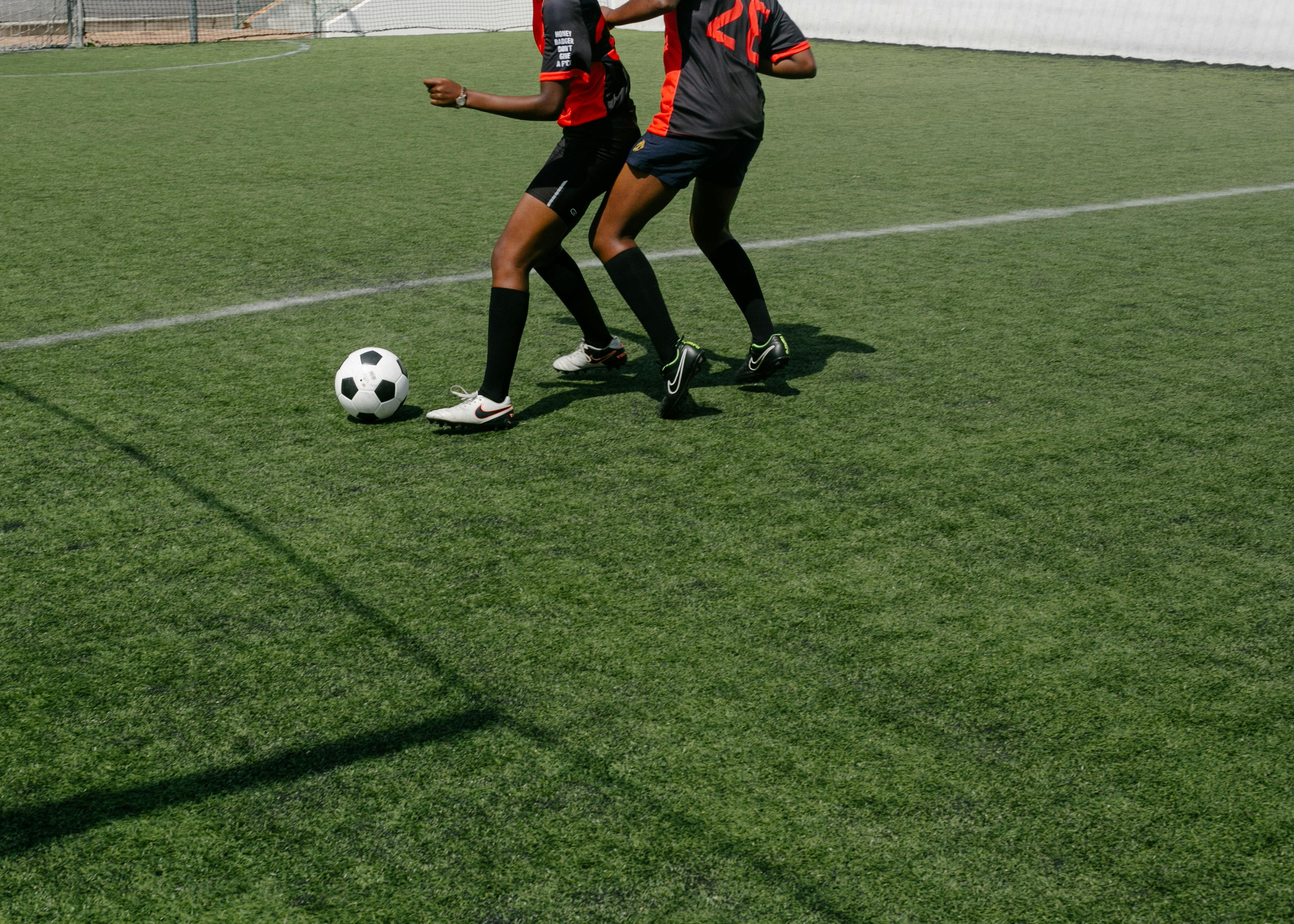Chewing Food: Chew On These Weird Facts
Scientists discovered that your grandmother was right. That chewing food correctly has a big impact on her digestive health.
The chewy truth
As we all know, the moment you put food in your mouth, saliva and digestive enzymes go to work, breaking down the food.
But here’s what you don’t know
1. An enzyme called amylase breaks down starches and carries them directly into the bloodstream through the meat of the mouth! The longer you chew, the more chance amylase has to break down food so your body can extract the maximum amount of nutrients from it.
2. Saliva ‘cleans chewed food’ before it reaches the stomach, as it is antibacterial.
3. When you chew, messages are sent to your stomach telling it what’s coming so it can prepare the right amount of acid to break it down. Obviously, the more you chew, the better.
Messages from your mouth!
Chewing sends messages to the stomach to tell it what is about to happen. This allows the stomach to prepare in advance for what is to come. If you just had a giant hamburger, large fries and a giant soda with chocolate ice cream for lunch; your stomach will know how much acid to produce to break down all of the high-fat, high-sugar, high-salt, and all of the highly processed components of the food in its path (which is hard to break down).
Obviously, a chicken salad sandwich, a pot of yogurt, and a piece of fruit with a skinny latte is a much healthier option, but you still need to chew until your meal is a fine, lump-free paste. If you don’t chew your food well and just ‘swallow’ it, then the food can remain in larger, indigestible lumps that pass into the gut,…where they burp. Obviously this can cause health problems.
Chewing food for a happy and healthy life
According to studies, chewing also stimulates the endocrine system. This keeps your hormones in balance, making you happy and healthier looking. Not only that, but when you chew your food properly, you get more oxygen to your brain, allowing you to cope and think more clearly. So chew your food well.
How often?
Is there a number of times the food should be chewed? Not really. Consciously keep chewing until there are no lumps of food and the food is a fine paste, then swallow.
